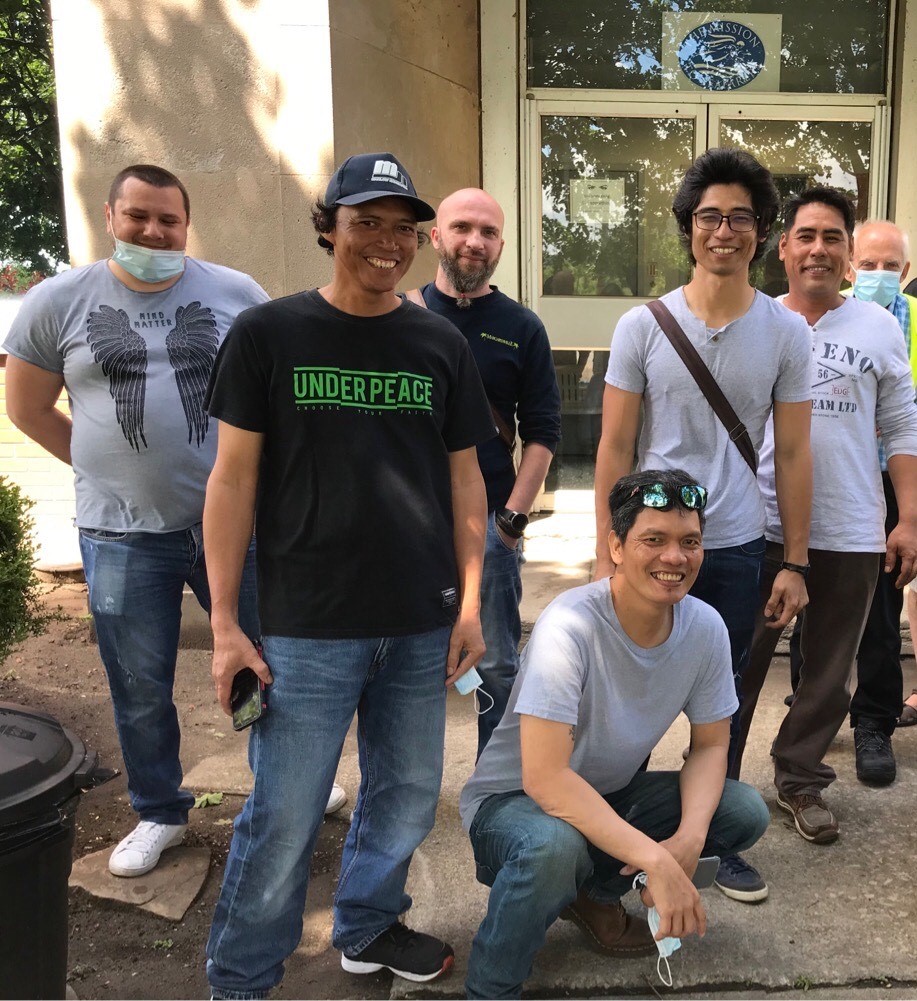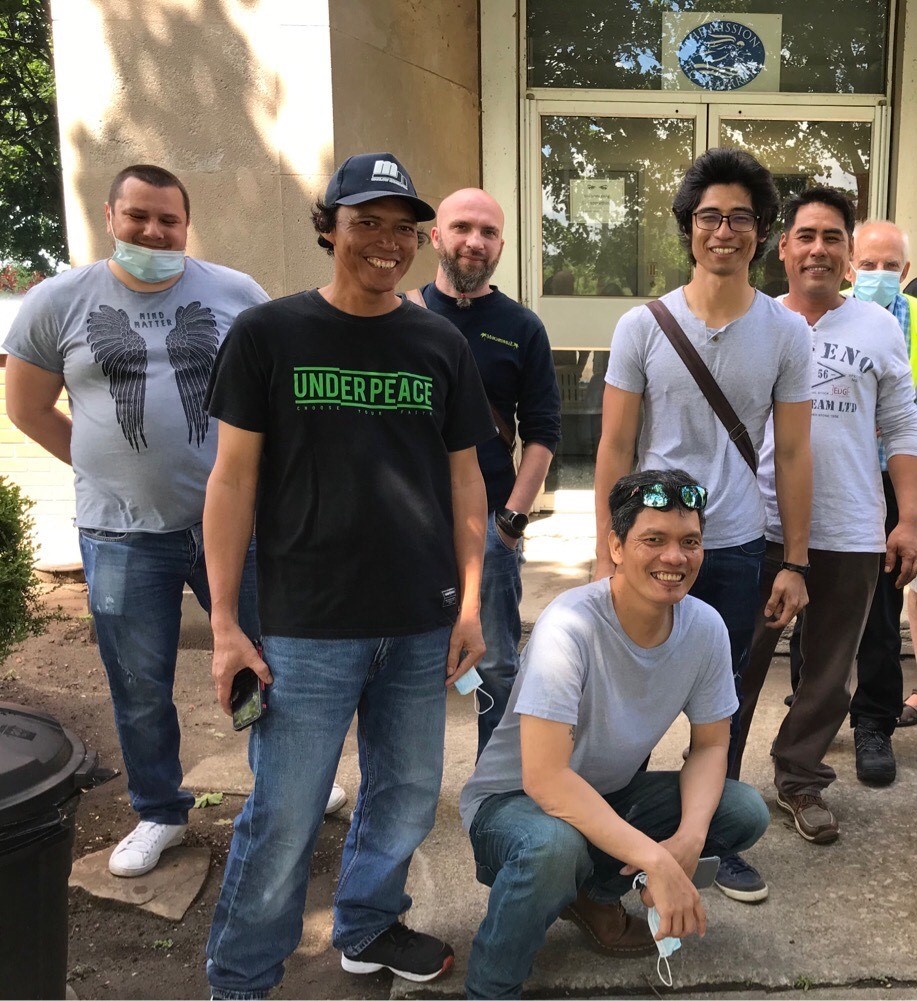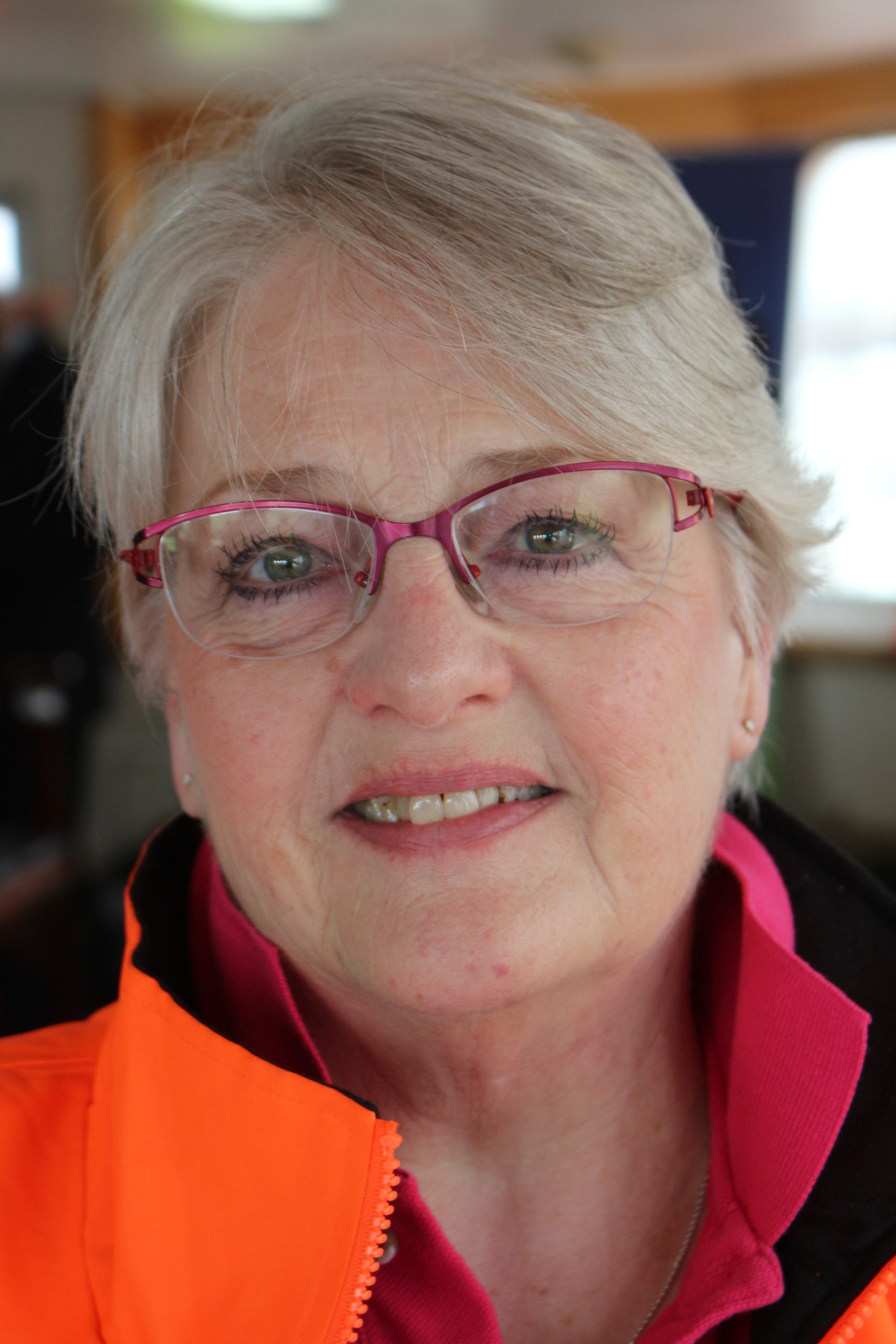The world paid a great deal of attention to a gigantic container ship that somehow swiveled in the middle of the Suez Canal and blocked all vessel traffic for a week. Suddenly everyone knew about shipping, about containers, and our attention was riveted to the photos of tiny (looking) tractors trying to remove enough sand from the side of the canal to pry this behemoth loose. One week later, they were successful, and the ship was moved to the side of the canal while the various governments and insurance companies, flag states, charterers, etc. fought about who was to blame and who was going to pay.
Well, we’re paying. The prices of everything have gone up a lot since then, no matter what the origin of the goods we’re buying. Interesting point: only 10% of the world’s trade travels through the Suez Canal; the rest sails around the world from various places and get where it’s going without going through any Canal. So, what’s up with the price increases on almost everything? I’m not sure I can explain that.
I can confirm, however, that seafarers aren’t getting more pay. And there are still way too many of them stuck on their vessels (approximately 200,000) for way too many months over the end of their contracts. We are still meeting seafarers in our ports (Oshawa, Toronto, Hamilton, and Port Colborne) who haven’t been off their ships for months. Recently our chaplain in Port Colborne took the captain of a ship docked there on a shopping trip for vegetables—but at 7:00 am to avoid the crowds, because they are heading to Thunder Bay for their first “jab” and he didn’t want to jeopardize his crew. “I haven’t been off this vessel at all for four months,” he told me; “Please can you help me?” And because that’s who we are and what we do, they were at the front door of the grocery store in Welland when their doors opened.

Since 1961, the original Mission to Seamen has served the crews of ships arriving in the ports of Toronto, Hamilton, Windsor, Sarnia/Lake St. Clair, and Thunder Bay. Over the past 60 years our service has evolved: the name was changed in 2000 (Mission to Seafarers reflects the arrival of women seafarers), Toronto amalgamated with Hamilton, Oshawa and Port Colborne stations have been created. But the Mission has remained the same: “to provide compassion, care and support to Seafarers around the world” no matter their race, gender, culture or religious background.
Over the past twenty months, this Mission has taken on even more meaning as we daily meet seafarers whose need for our services is even greater. We have assisted with repatriating seafarers to their home countries, both the living and the dead; we have shopped for over C$1 million in a wide variety of goods for seafarers who are unable to leave their vessels. And we have provided a listening ear for seafarers who are struggling with mental health issues that come with being away from home for many more months than their regular contracts.
For nine years I have had the privilege of working with some of the finest clergy and lay chaplains, ship visitors, and mission hosts with the Mission to Seafarers Southern Ontario, along with those we have met from around the world. Together we have had the further privilege and honour of serving some of finest people in the world, the seafarers, who serve each of us unselfishly, with dignity and honour, dedication and loyalty. Those who work at seafarer missions are the hands and feet of Jesus, supporting those who support us, no matter their faith or cultural background, doing what Jesus has called us to do. We are part of the largest, multi-faith, non-denominational ministry in the world and are very proud of that.
Please remember the role seafarers play in all our lives: “no shipping, no shopping.” Think of that over your next cup of tea or coffee, or while you are out shopping in a big box store.
To learn more about the Mission to Seafarers Southern Ontario, or to donate, check out their website (mtsso.org) and Facebook page (Mts Southern Ontario/Facebook). To volunteer, please contact Deacon Diane Elliot at [email protected].


Resurrection of Hope in Thundering Waters